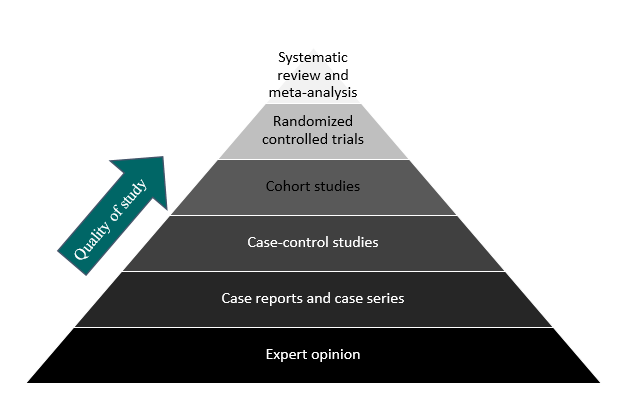Coaching research practitioners and tutoring students on research methods in health sciences has made me realize that several researchers struggle with the writing aspects of research. A major part of research is conducting a literature review. Every research project requires a form of literature review.

Healthcare practitioners intending to establish the evidence-base for a particular intervention review the literature to answer a specific research question.
Researchers planning a study conduct a literature review to provide context for their new research or clarify the knowledge gap they intend to fill.
Consultants tasked with updating clinical practice guidelines and policymakers review the literature to identify new evidence to make new recommendations or suggestions.
When conducting a literature review, always have your purpose and target audience in mind. By the end, ensure you have communicated the planned message to your intended audience. For example, if your aim is to convince your supervisors that a research topic has not been addressed by other researchers, your literature review should synthesize research articles related to your topic to reveal the gap you intend to address.
Start the process of writing a literature review by creating an outline. You can look at checklists such as the Preferred Reporting Items for Systematic Reviews and Meta-Analyses (PRISMA) for guidance on the items to include in your literature review. Systematic reviews are the epitome of literature reviews because they entail exhaustively identifying relevant articles and thoroughly following defined criteria to synthesize the findings of the selected articles and generate high-quality evidence.
A systematic review and meta-analysis of clinical trials ranks at the top of the hierarchy of evidence because of the standards followed in writing it. On the other hand, a literature review to create the background of a report may not require adhering to most of the PRISMA provisions. Therefore, the decision to use a checklist such as PRISMA or CASP is dependent on the purpose of your literature review.

Whether you are conducting a systematic review, a systematized literature review, a systematic map, a scoping review, or a narrative review, you must have some basic tenets of a literature review. First., you need to refine your research question. Secondly, you must identify the search engines such as Ovid, EBSCOHOST, or Google Scholar that you will use. Then specify the databases such as MEDLINE, PsycINFO, or CINAHL that you will search to identify the relevant research articles for your literature review.
Based on the purpose of your literature review, you should specify the inclusion and exclusion criteria for the articles you will include in your literature review. Some of the criteria will help you to apply limits in the advanced search platforms of the search engines. For example, if you intend to identify new evidence to update a guideline published in 2019, articles published after 2019 may be an inclusion criterion. Based on the criterion, you can specify the year of publication limit as “2019 to present.”
Other basic tenets of a literature review include keywords, screening and selection of research articles, assessing the identified articles for quality and risk of bias, extracting information from the articles, and synthesizing the information to write content that answers your research question or reveals the research gap. You may also have to critically appraise the research articles you select as you consider their evidence in writing the literature review.
You can engage MedRight Consulting to teach you, your workers, or employees the details of how to conduct literature reviews. Our rate for online sessions is $30 per hour. Based on your location and number of trainees, we can discuss rates for an in-person session. We also write plagiarism-free, grammatically sound, and focused literature reviews for clients in health sciences at $30-$70 per 275 words depending on the complexity of the literature review you need. Contact us to book a service.

Leave A Comment